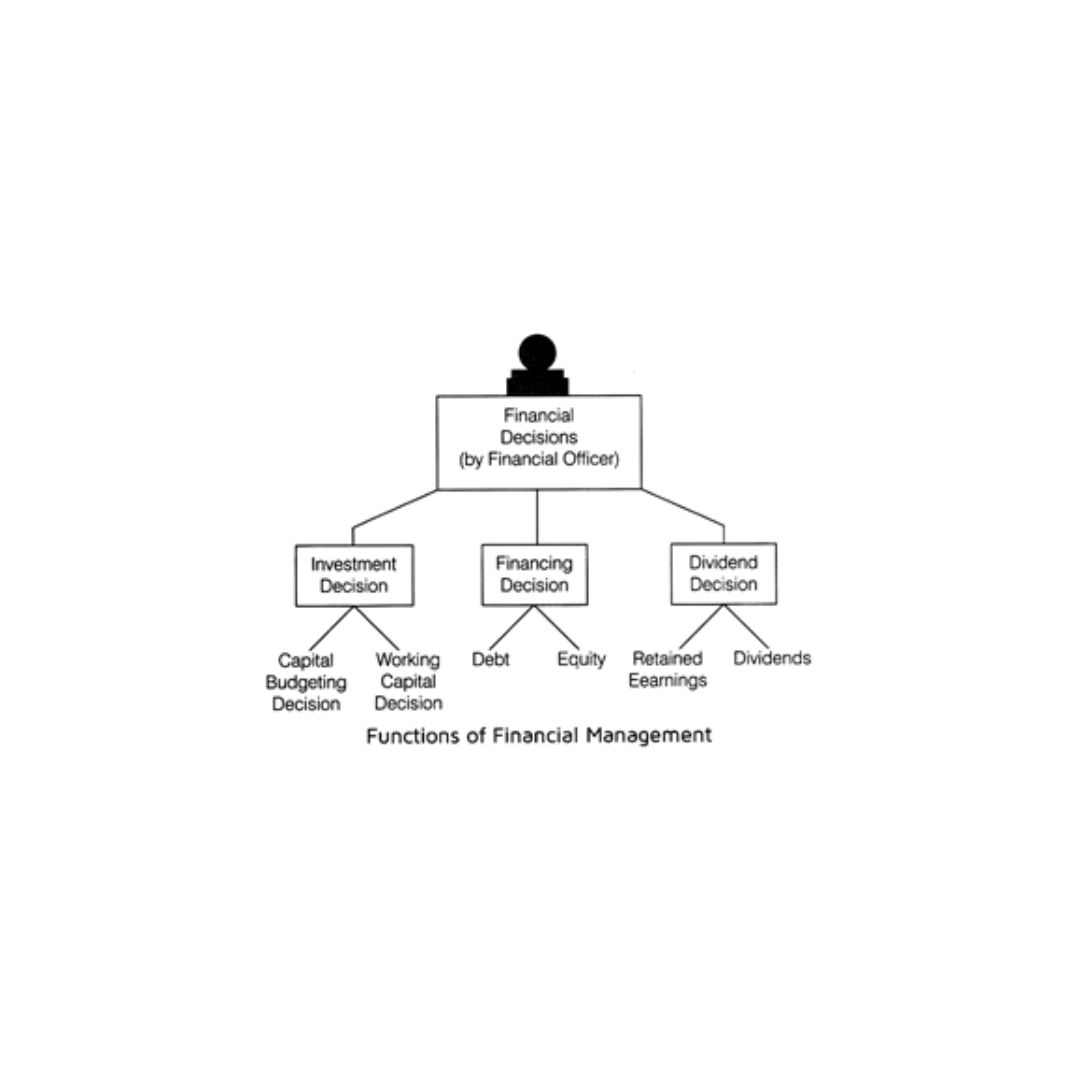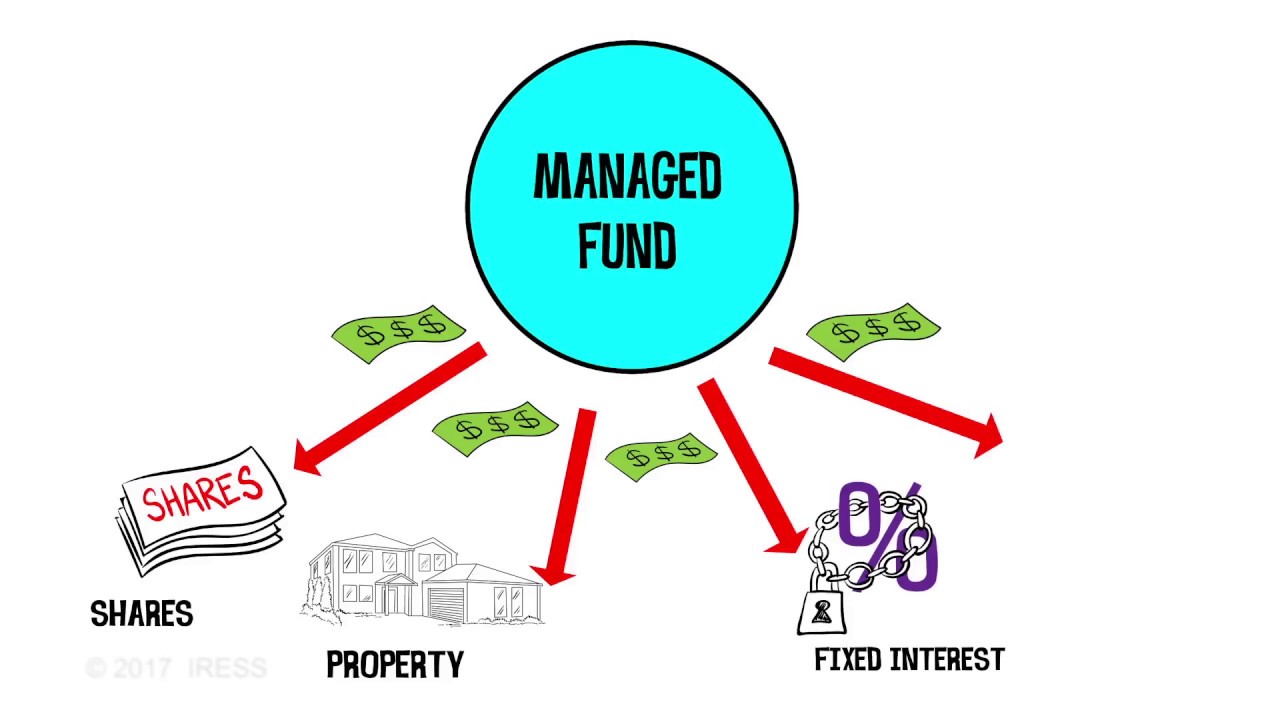Mutual Funds
Mutual Funds Mutual funds are investment vehicles that pool money from multiple investors to invest in a diversified portfolio of securities such as stocks, bonds, money market instruments, and other assets. Overview of Mutual Funds: Structure: Mutual funds are managed by professional fund managers or management companies, who make investment decisions on behalf of the… Read More »









